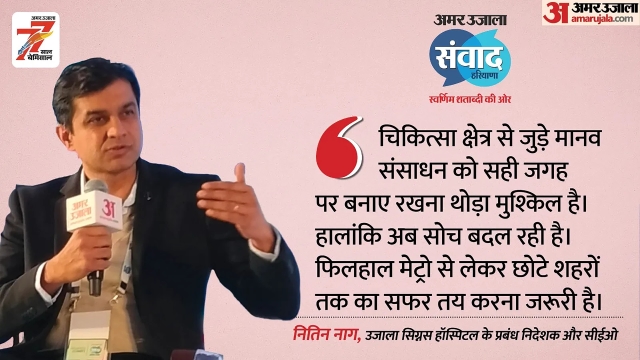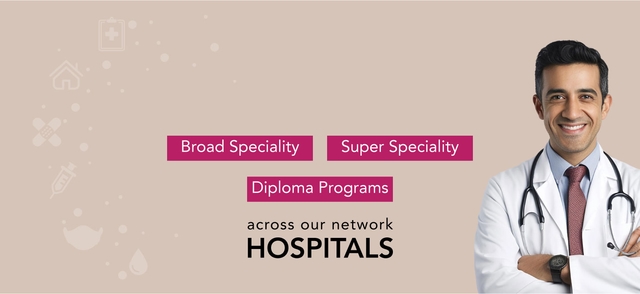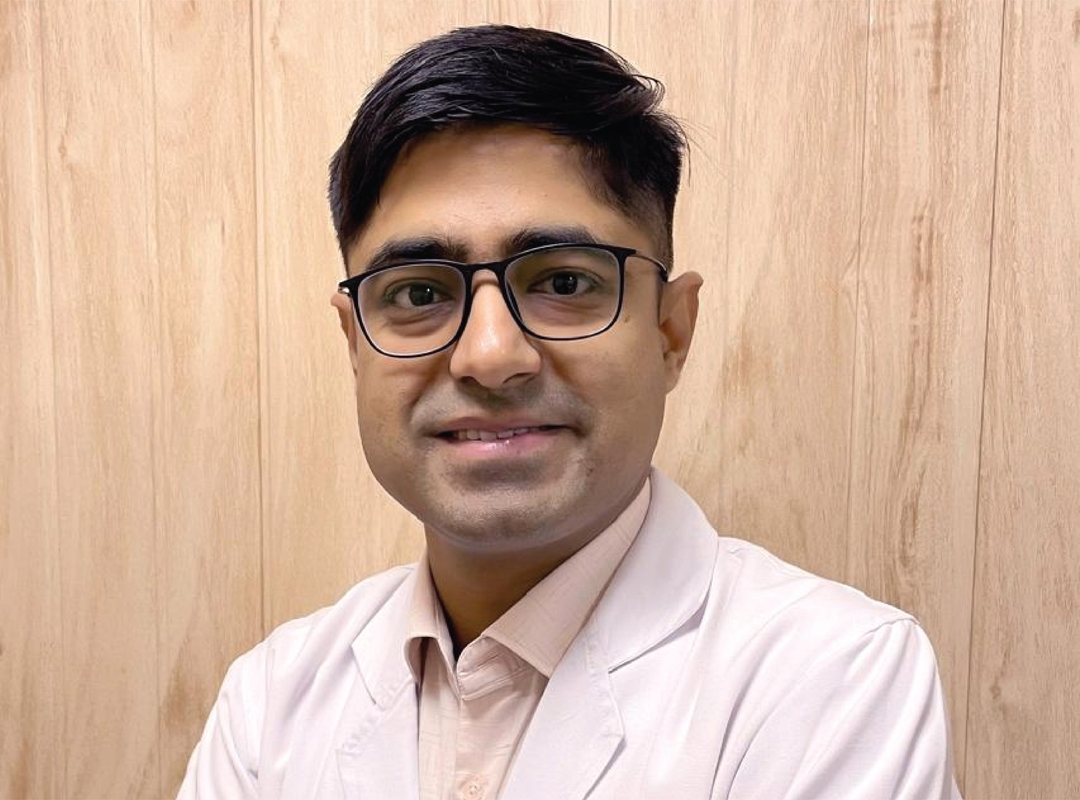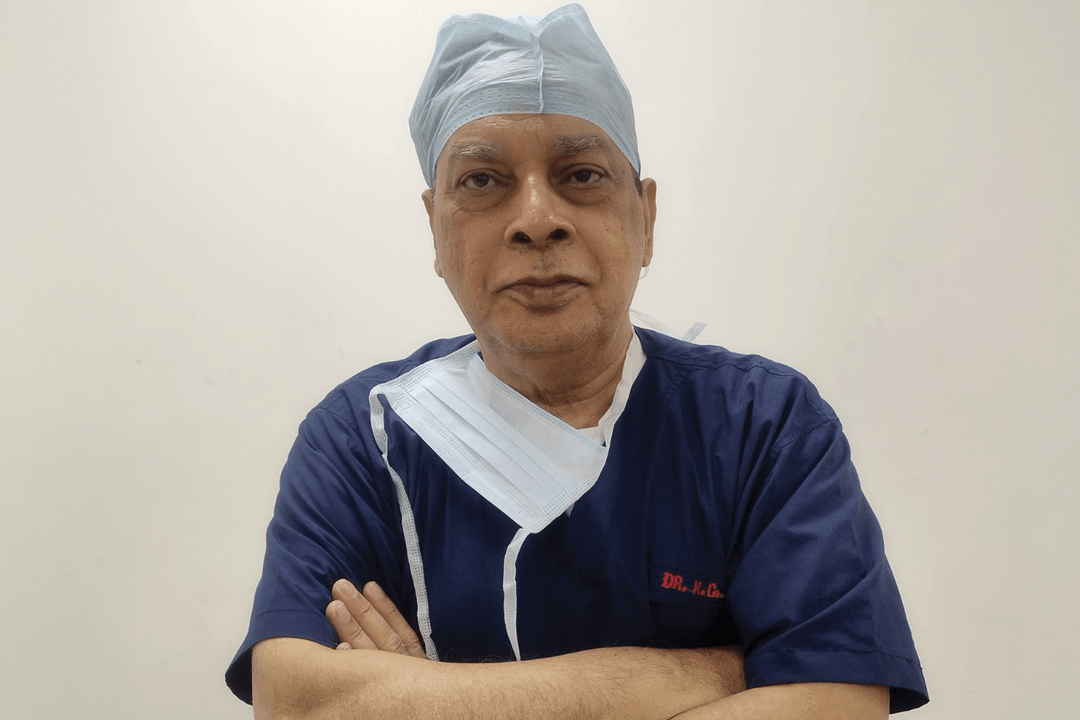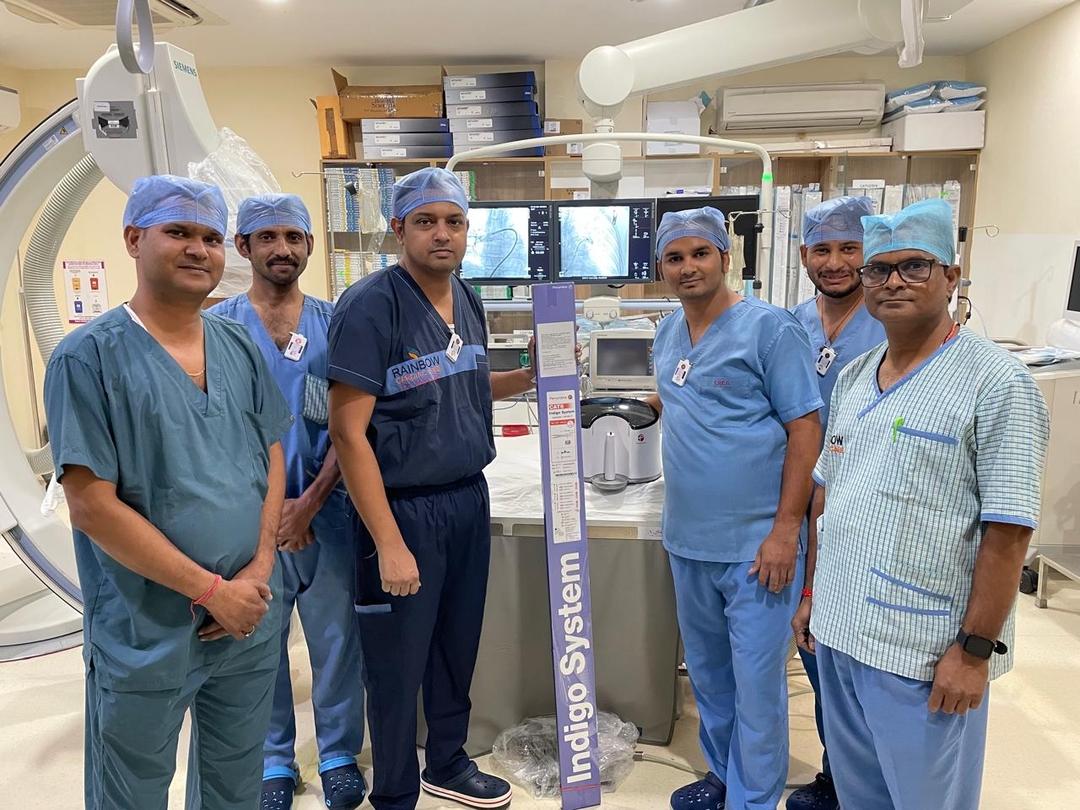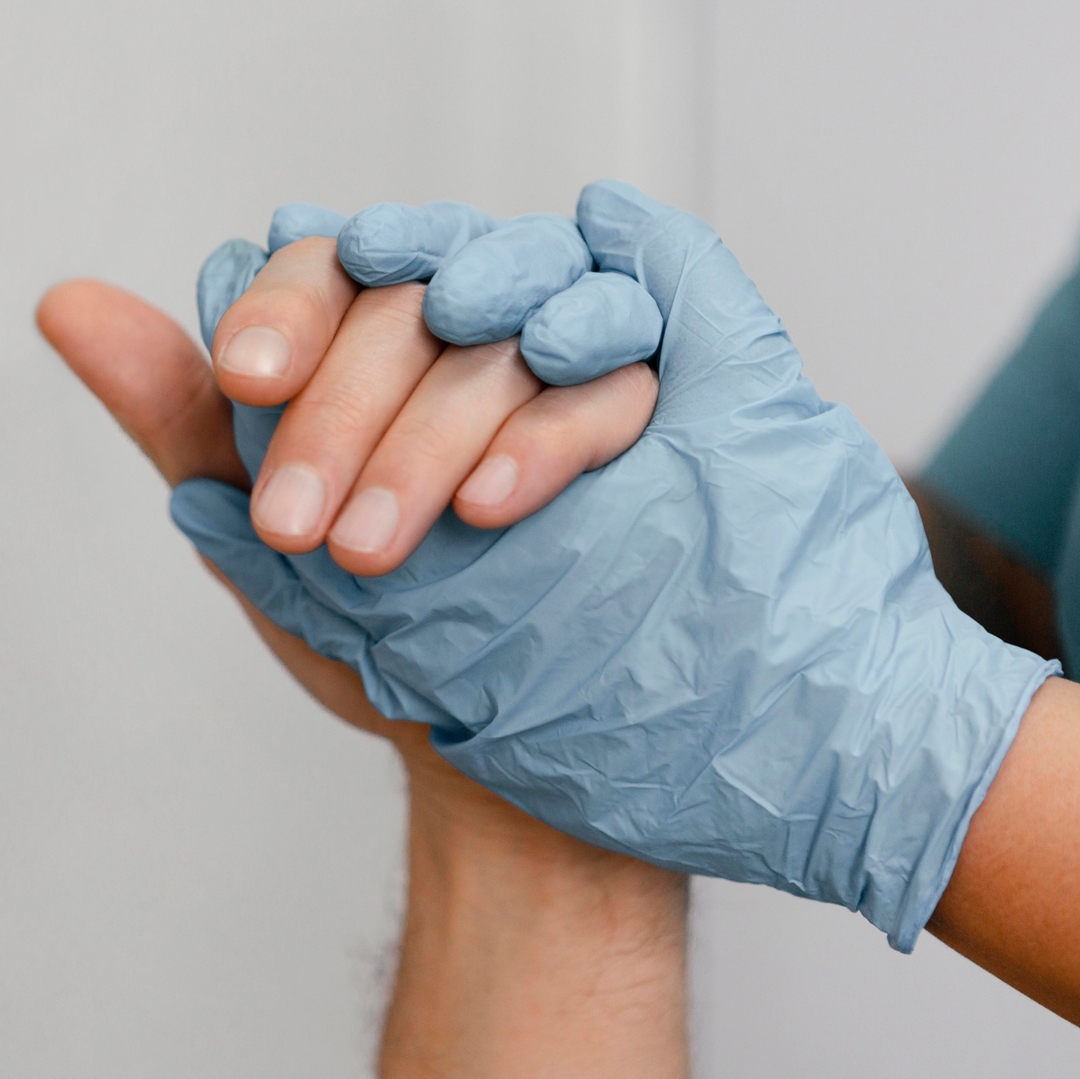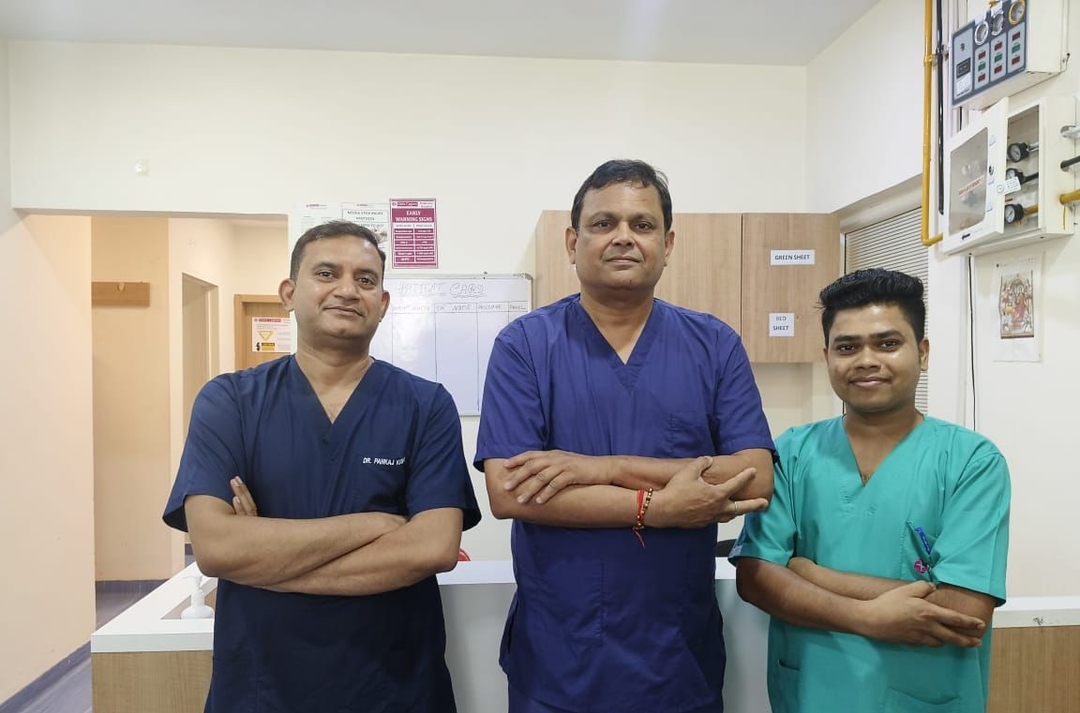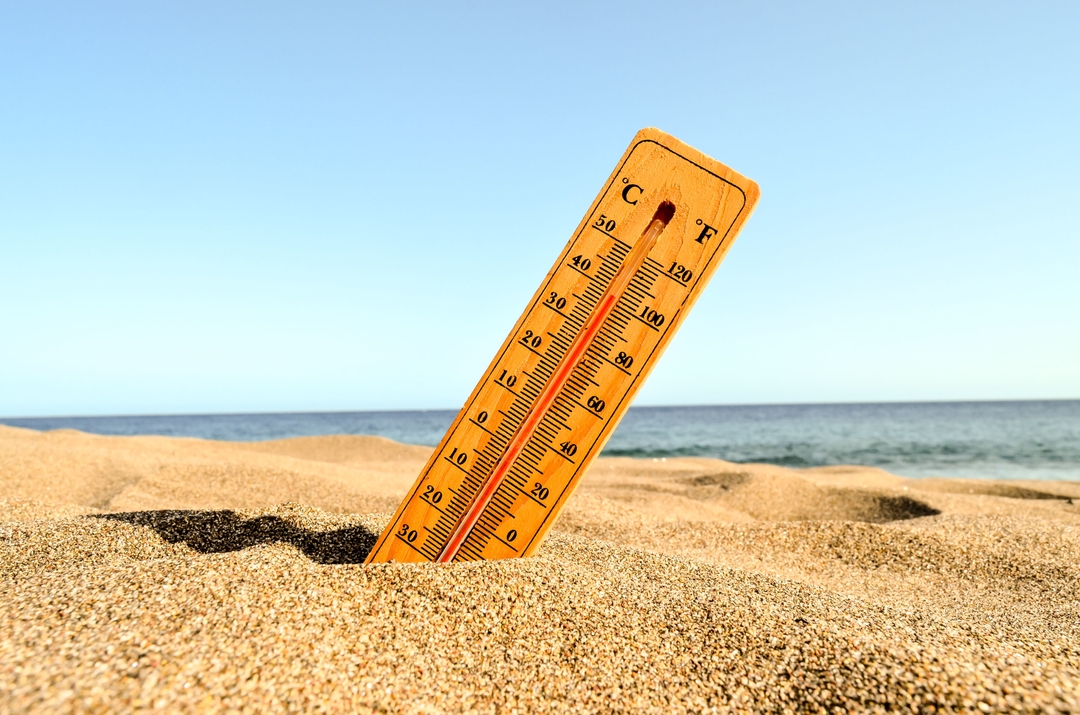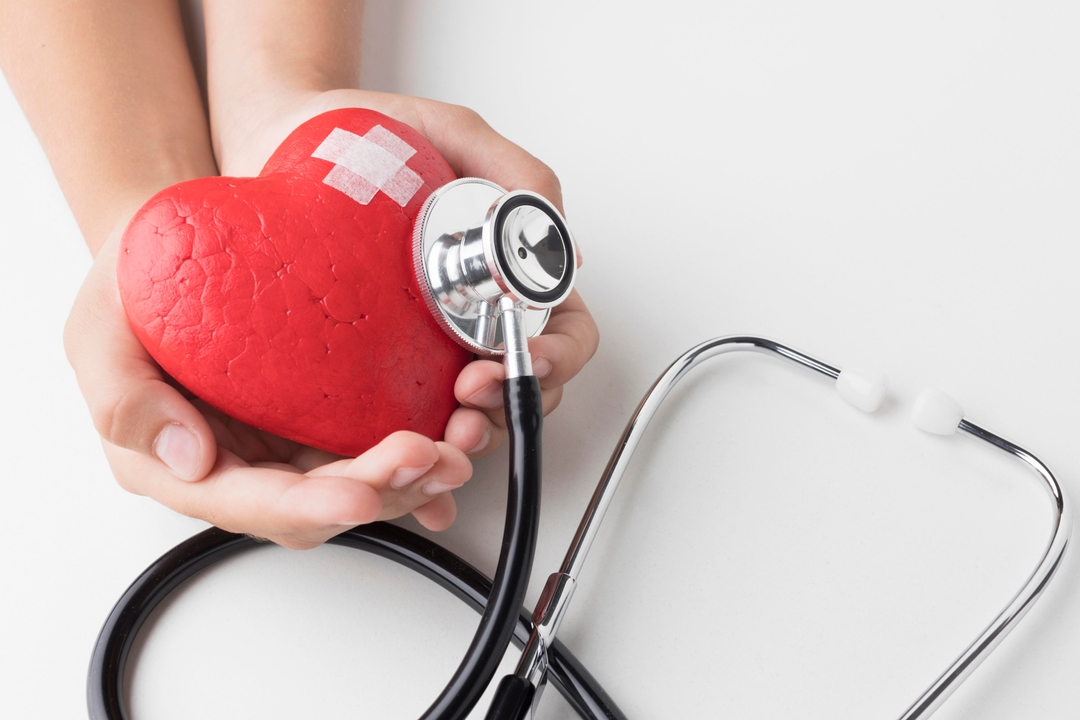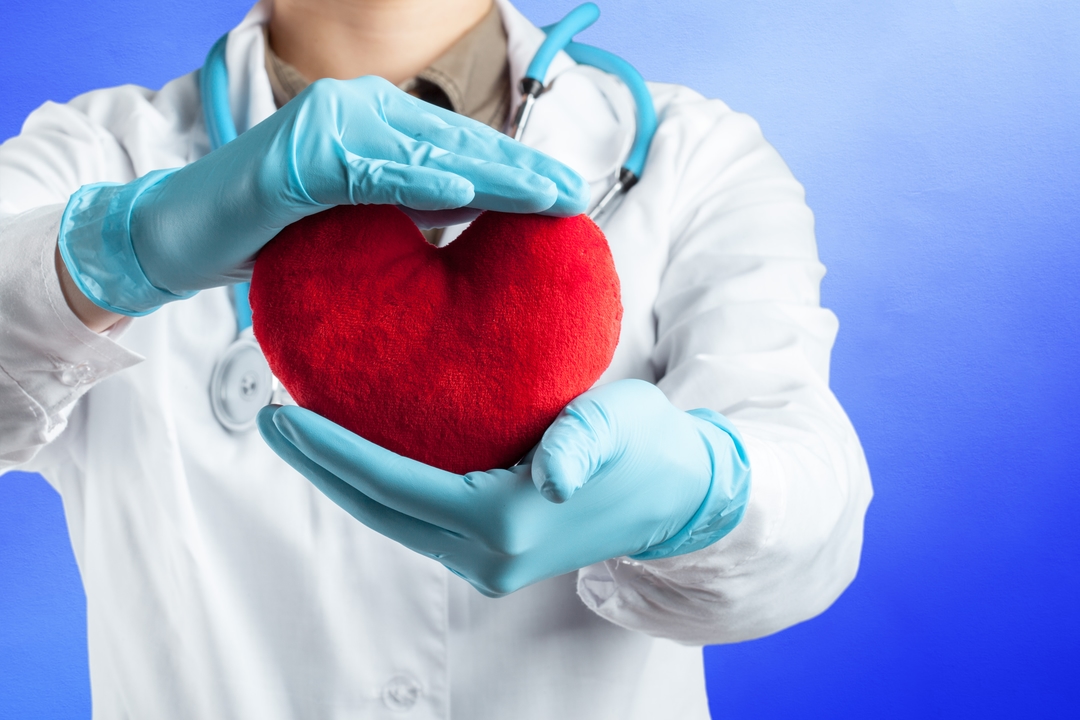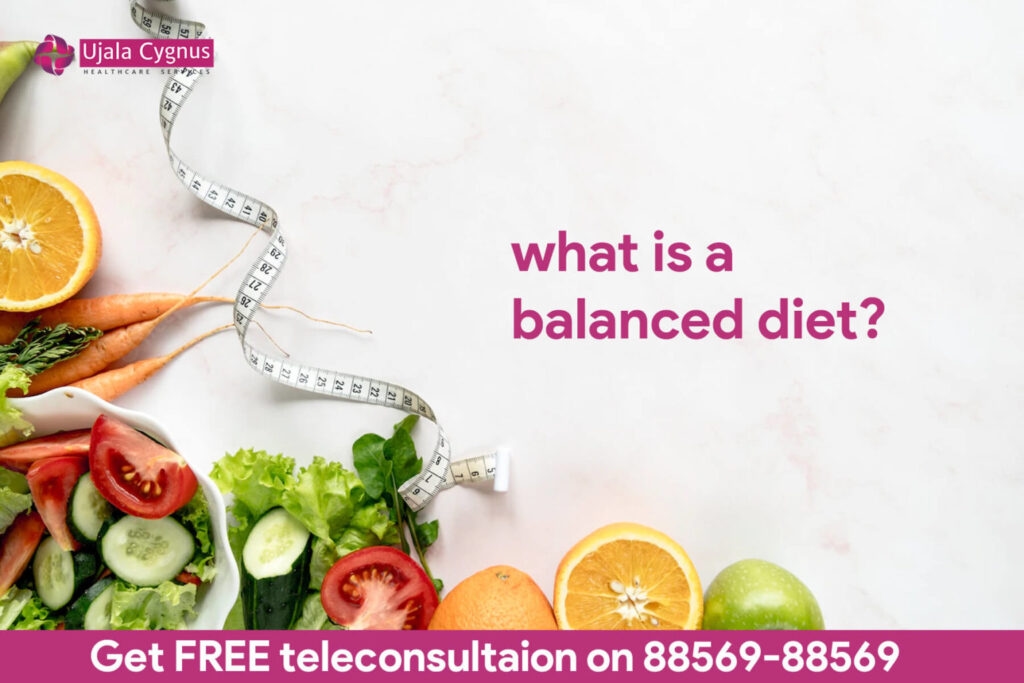
What is a Balanced Diet?
By Ujala Cygnus
Reviewed by : Jalaz Jain
May 6, 2022
In current times, every person is health-conscious, maintaining a healthy diet and regular workout routine. However, due to the fast life, healthy and nourishing food items are now substituted by calories loaded packaged, easy to carry food items. The change in food habits has caused a decline in overall health and health issues such as obesity and other chronic conditions. In such citations, it is more important to understand what is a balanced diet and how it is important?
What do you mean by a balanced diet?
A balanced diet contains all the essential nutrients such as carbohydrates, protein, fibres, fats, vitamins and minerals in the right proportion as per the body’s requirement. Therefore, a balanced diet is the best way to maintain a healthy body as it has the proper amount of nutrition in each meal.
A balanced diet is the key to a healthy lifestyle. It enhances the body’s overall health, stimulating proper growth and development at an early age. It is also the best way if you want to maintain the ideal body weight. It also helps in muscle gain and builds immunity.
Hence, the answer to your query: What is meant by a balanced diet? Is having a plate with all the nutrients essential for your body. Read on to know more.
What is a Balanced Diet and How It is Important?
A balanced diet is a well-planned meal with the exact balance of nutrients to provide immunity, prevent disease, and keep the body active and energetic throughout the day. A balanced diet also boosts metabolism and helps maintain the ideal body weight.
Mindful eating habits and a balanced diet are must-have targets. A good diet goes a long way to maintaining a fit and healthy body. It even helps in fat loss and muscle gain.
Nutrients in food
A health-conscious person knows that a workout and a balanced diet are equally important to reach the goal without causing any damage. Nutrients are food components that help nurture the body while providing energy. Here are the 7 vital nutrients in a balanced diet:
Thus a meal is called a balanced diet when it contains all the proper nutrients in the exact proportions. Nutrients are consumed in the form of legumes, fresh fruits, whole grains, meat, eggs, dairy and fresh vegetables. Besides the calorie calculator for each meal, make sure to keep a check on the amount of water you have consumed. As mentioned before, the human body is made up of nearly 60% water. Drinking water keeps the body hydrated, cool and free from toxic substances and boosts the health of vital organs and skin. Try to consume at least 3 litres of water every day.
How to follow a balanced diet?
Now after understanding the concept of a balanced diet and how it is important to the body for a longer and better living, the first thing in your mind would be how to follow it. Here are 5 tips to help you in the journey:
Are you looking for more information on a balanced diet and how it can help your body? In that case, you may consult with the experts at Ujala Cygnus Central Hospital.
Loading...

